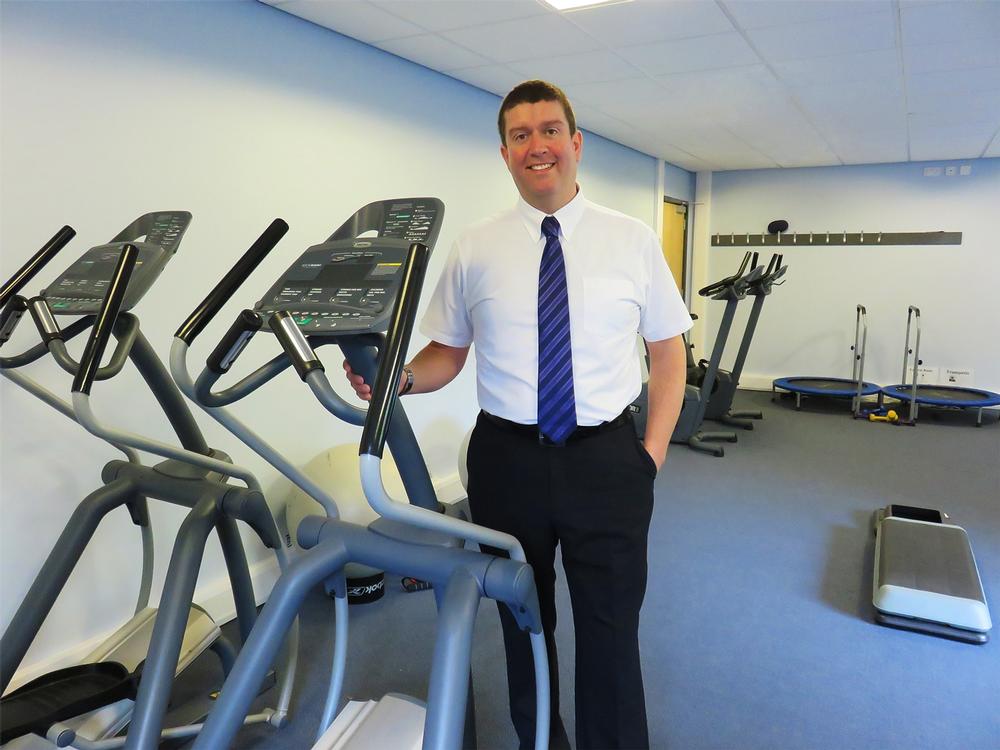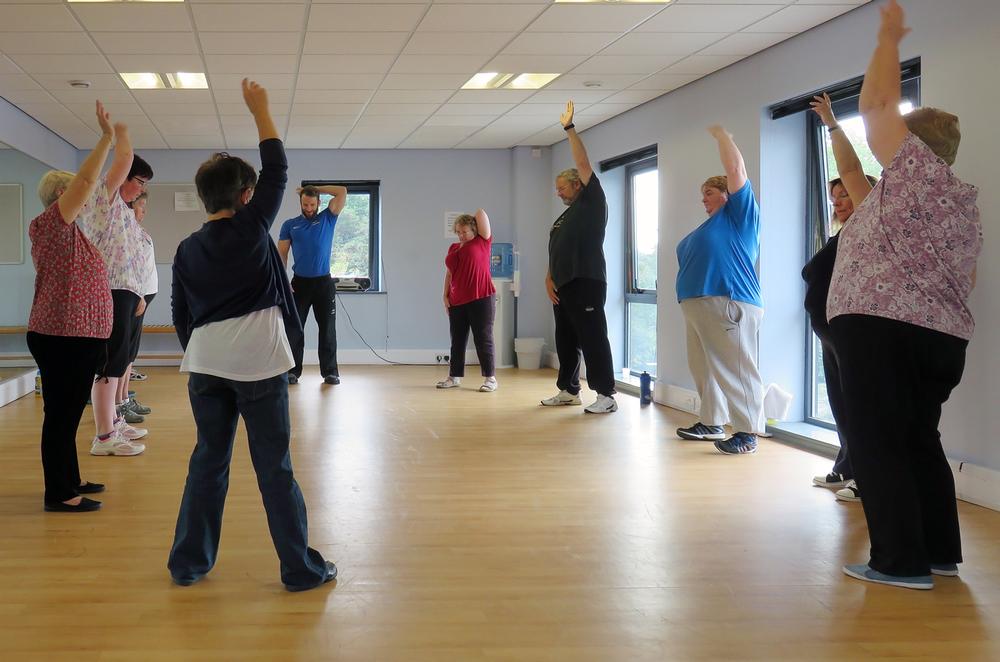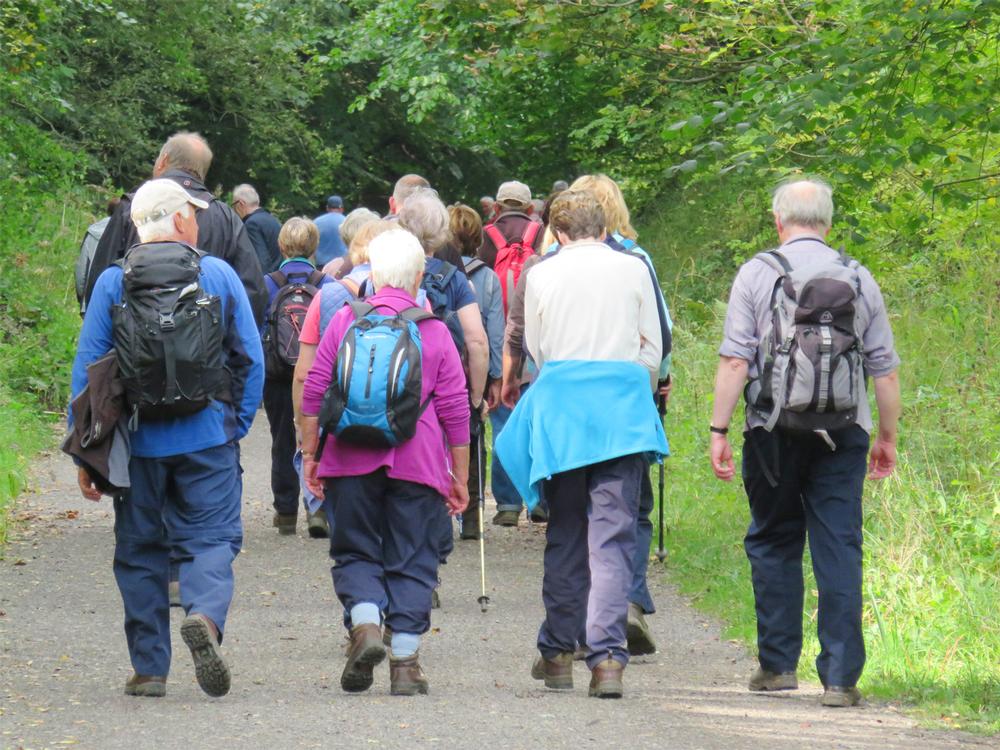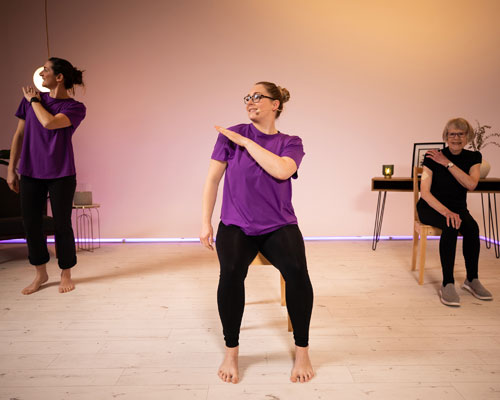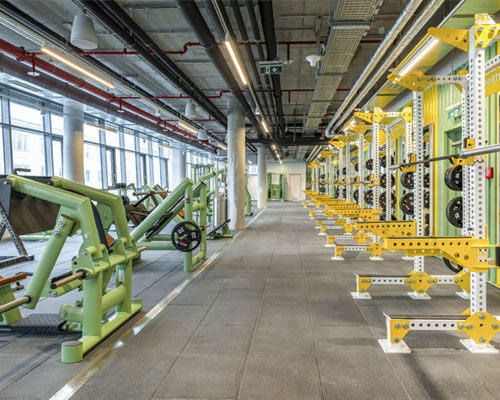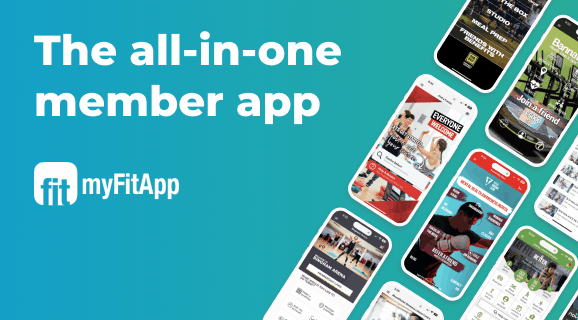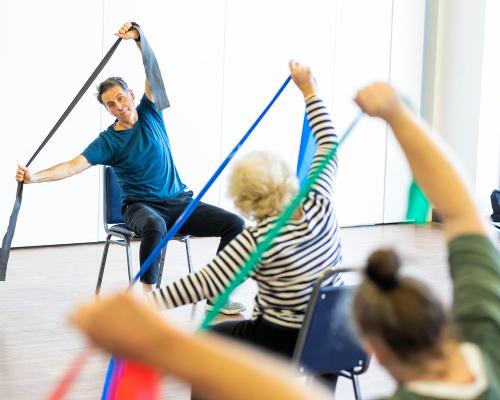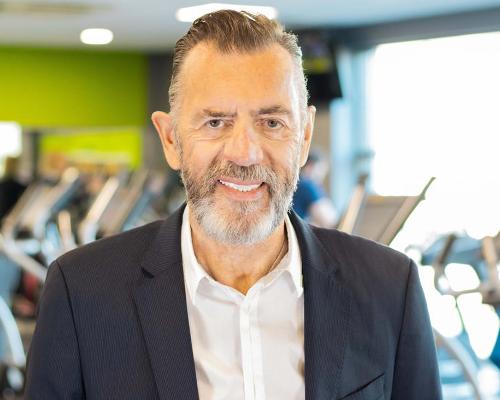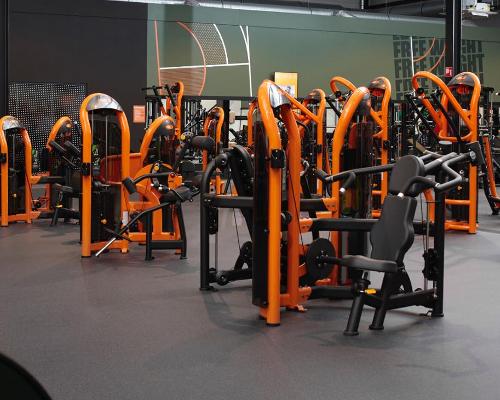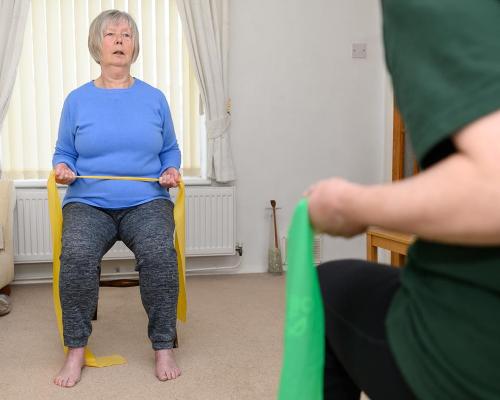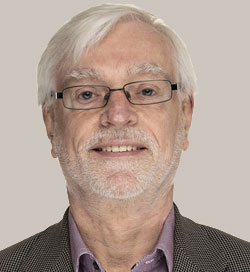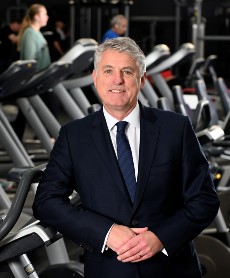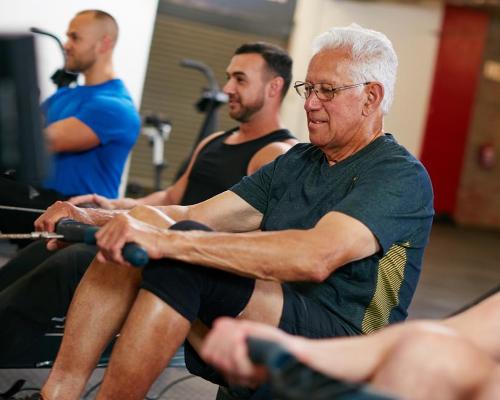features
Interview - Dr John Morgan: Dr John Morgan
He’s hit the headlines recently for being the GP that recommends walking to his patients. Kate Cracknell finds out more about his ‘exercise is medicine’ philosophy, and why he thinks more GPs should follow suit
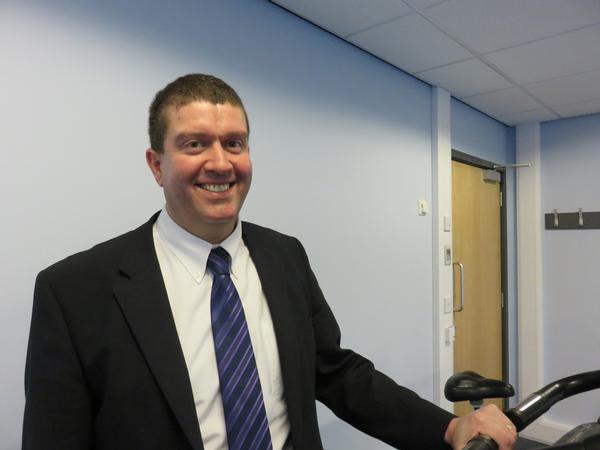
I’ve been put down as the doctor who prescribes walking for the treatment and prevention of disease, but I’m fairly shocked about the response I’ve had to this. I don’t really do anything differently from what I think every GP should be doing,” says Dr John Morgan, commenting on the recent flurry of media interest in his exercise referral practices.
“I believe GPs should speak to all their patients about exercise. I see 280–300 NHS patients a week, and about 200 private patients, and I mention exercise to probably 80 per cent of them in one way or another. My view is that, if you mention it at every single point of contact with a patient, it will encourage them to incorporate activity into their daily lives.”
Exercise is medicine
He continues: “I mean, the evidence is irrefutable isn’t it – the benefits of exercise for so many different diseases. However, there’s evidence to suggest that, if you try and medicalise exercise to a whole population group, it can put them off. I therefore approach it from an individual patient basis – talking about exercise to each of the 40 patients who sit in front of me each day, about how it can help their general health as well as the problem they’ve come to see me about.
“If they’ve come to see me about something like high blood pressure it’s a natural fit, but even things like recurrent chest infections or some other minor condition – you encourage them to exercise, which improves and strengthens the heart and lungs, which means they don’t get the same infections next time. They see the health benefits themselves and it encourages them to keep exercising.”
But how does he squeeze it all in to a 10-minute consultation? “To be honest I don’t find it that difficult – I think we get too hung up on this 10-minute consultation model. In my mind it’s about using your time to the best effect. It’s having the mindset that exercise is a treatment from the word go.
“If the best effect is giving the patient a prescription for an antibiotic for a sore throat or a prescription for an anti-hypertension medication, all well and good. However, if you look at the studies, any tablets I might give them for their blood pressure are beaten hands down by losing weight and physical activity. So I tell them that. I show them graphs and charts that prove how combining physical activity with weight loss beats any kind of medication I can give them.
“Some patients won’t end up exercising for various reasons – I hear the usual excuses and I’ll try and come up with methods of overcoming those – but about 50 per cent of my patients will take me up on the offer of exercise, on the encouragement of exercise. Because honestly, the vast majority of patients don’t want to be on medication for the rest of their lives. They don’t want to be diagnosed with diabetes or hypertension in their early 50s and require medication every day for the next 30-odd years. So actually talking to them about that and giving them a real life option – the choice between taking medication and using exercise to treat and prevent disease… I find most of them want to take responsibility for their own health. Some will want the easier solution of a pill, but the vast majority are willing to give exercise a go.”
Integrated healthcare
Morgan has been practising what he preaches for many years, based out of Wigan’s Pennygate Medical Centre. “Back in the day, when practice-based commissioning was starting – which was probably about 10 years ago – I built a gym in our practice. I used two fairly sizable rooms in our new building, one into which I put cardiovascular equipment and another where I mirrored the walls to use as an aerobics studio; we employed a REPS Level 4 trainer to come in and deliver exercise classes for us. That meant I could refer people directly into our own gym.
“The rationale was to try and make exercise inextricably linked with health – physically putting exercise facilities into the building to create a true health centre rather than a disease centre. I think too often the NHS concentrates on treating disease rather than promoting health.
“And it’s still going strong: ours is one of the few general practices in the country that has a cardiovascular gym and aerobics studio inside it. I walked past literally an hour ago and there were people using it.
“We offer 12-week programmes, free of charge, after which we encourage people to progress into local facilities – especially the Active Living in Wigan scheme – to continue their exercise. And we’ve seen great results, including among genuinely sedentary, obese people and right through the age ranges.
“I remember one lady in her late 60s/early 70s who had never exercised in her life, and she turned up for her first exercise class in twin set and pearls. There are so many anecdotes like that. But people soon get used to it and the whole thing has ballooned: we have walking groups now too, which the patients have taken over and organise and lead themselves. Those are excellent for their social aspect too, and for the fact that people don’t really feel like they’re exercising – they enjoy it.
“The whole programme has really enhanced the physical and mental health of our patient population.”
Weight of evidence
And there’s data to prove it, including a 2012 audit of Morgan’s 12-week programme by students at Manchester University. So what were the results that most excited him?
“It was probably the self-reported change in mood: 92.5 per cent of participants said they’d experienced an improvement of mood. Also, 94 per cent of people reduced their blood pressure, independent of any medication.
“Meanwhile 81 per cent had decreased hospital admissions and GP consultations in the 12 months after the exercise programme compared to the previous 12 months. Not only that but my patients cost the hospital £8,000 per 1,000 population, compared to £12,000–13,000 per 1,000 population for another local GP surgery of similar size and standing. That’s a huge argument to prove the cost-effectiveness of exercise.
“Weight loss was also positive: 61 per cent of those doing our 12-week programme lost weight from exercising. I think that’s very interesting, because the lack of media advocacy with regard to exercise has been a problem over the years. Diet has been the only thing that’s been pushed, but exercise is also key.
“The other key finding was that 85 per cent of people changed the amount of exercise they did away from the class – they were continuing to exercise independently.
“The one thing the study didn’t do was look at a control group of people who hadn’t attended the exercise class, which would have made it a bit more robust. The quality of data therefore wouldn’t stand up in front of a medical conference – they could argue that the weather was nice that year and everyone went walking.
“So yes, it’s simple data, but if a health club were able to offer me similar data on their own programmes – for example, showing me a measurable improvement in a range of health markers – I’d be happy with that. And I think other GPs probably would be too. So I’d really encourage gyms to liaise with their local GPs and start this sort of programme.”
GP resistance
But therein lies a big part of the problem, as other GPs don’t seem as keen as Morgan to embrace physical activity. Why does he think that is?
“There’s always the issue of training, and the fact that medical schools focus on disease and treatment of disease rather than health and prevention of disease. Junior doctors need to be trained in the benefits of exercise and how to talk about it to their patients.
“Another big difficulty is where funding for ‘exercise as a benefit to health’ now sits. It would generally sit in the public health department, which is separate from the funding for general practice-commissioned activity. And that makes for a grey area, because although I fundamentally believe telling the whole population to exercise is a good thing, nothing beats sitting in front of the patient, explaining the benefits on a one-to-one basis.
“I personally think monies need to be transferred from public health into general practices with an attitude like ours. But of course there’s the issue of evidence, perceptions and quantifying the impact of your intervention. If you prescribe an anti-hypertension drug, for example, it’s generally accepted that any resulting reduction in blood pressure will be down to the drug. But if you don’t prescribe a drug and prescribe exercise instead, did you actually do anything to reduce that person’s blood pressure, assuming it reduces? Or has the person done it themselves?
“That’s always been the argument in terms of where the funding goes. Personally I’m not bothered about
the funding though. From my point of view, it’s the patient who’s in front of me at the time who matters.”
He continues: “I also think you need GPs with a strong work ethic. I’ve gone into various GP surgeries to teach and promote exercise, and frustratingly what I’ve tended to find is that they’ll put some nurses in front of me, but the GPs say they’re too busy. It can be a bit soul-destroying when you’re giving up your time to try and educate people.”
I mention ukactive’s pilot scheme in Essex, where exercise professionals were put into GP surgeries to act as an integrated part of the team. “Brilliant! That would be a fantastic model to roll out. But even if a full-time placement weren’t possible, health clubs could send instructors with behaviour change expertise into local GP surgeries to talk to GPs or even the patients themselves.
“We already work quite a bit with our local council facilities, but there’s no reason why private sector health clubs couldn’t get involved too. Maybe they could come to some agreement with the GPs to say they’ll charge half price for three months once people have finished their referral programmes. If they can give the GP some data – blood pressure before a three-month programme, blood pressure after, weight before and after – that could be a way forward.”
Exercise for all
So what would Morgan’s overall advice be to other GPs? “Push exercise at every opportunity – not only to those who need exercise referral for a specific health condition, but to everyone. Push exercise whenever you have a patient in front of you, particularly if a mum comes in with an obese kid, because it starts with that age.
“People need to see that exercise is important. That means education of the individual patients, but the professionals also have to engage with that education in the first place. I want to push the message far and wide that exercise acts on a cellular level in the body. It’s a natural treatment with huge benefits for your heart, lungs, mental health and so on. It combats stress too – something that causes the body to produce free radicals, which eventually cause cancer – by stimulating the body to produce antioxidants to quell free radicals. It’s not just in your head that you’ll feel better – it’s happening on a cellular level, and everyone can benefit.”

